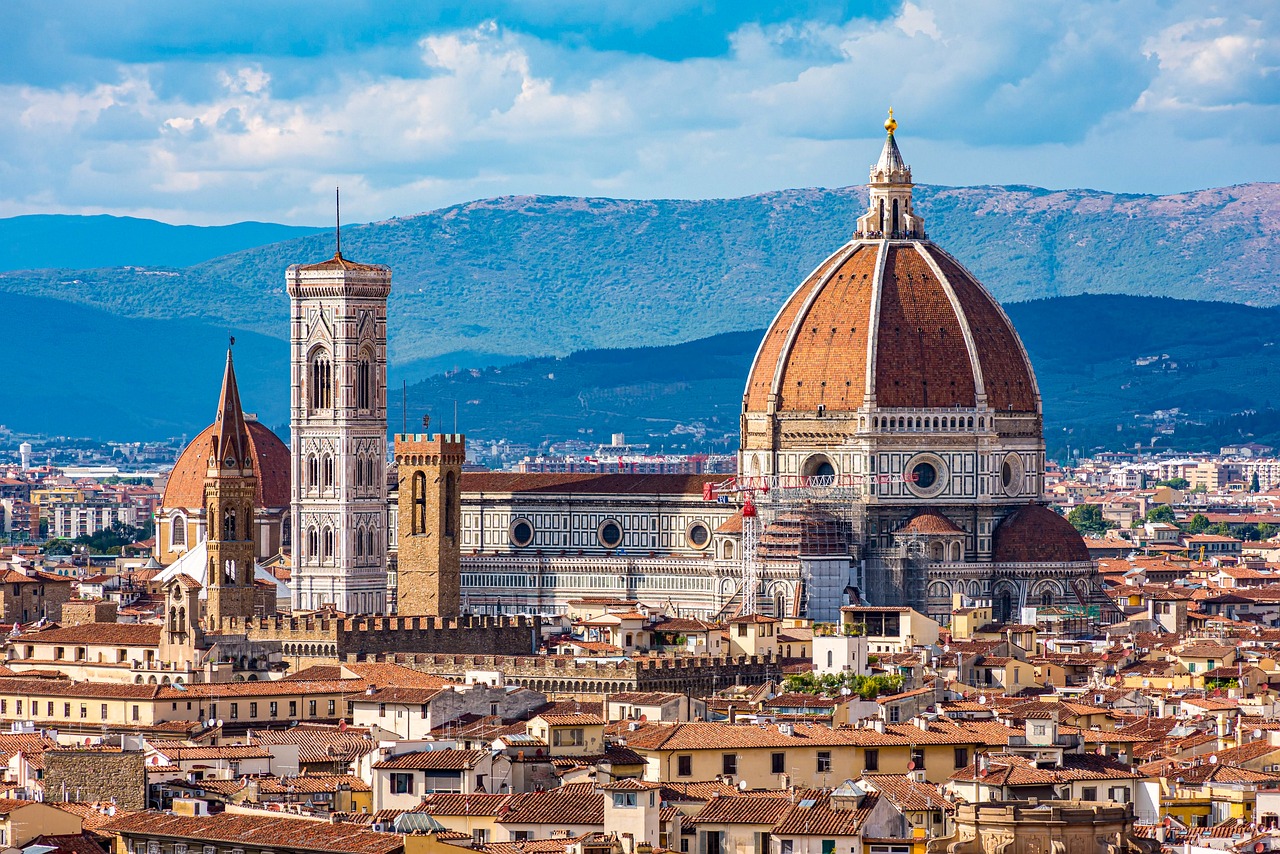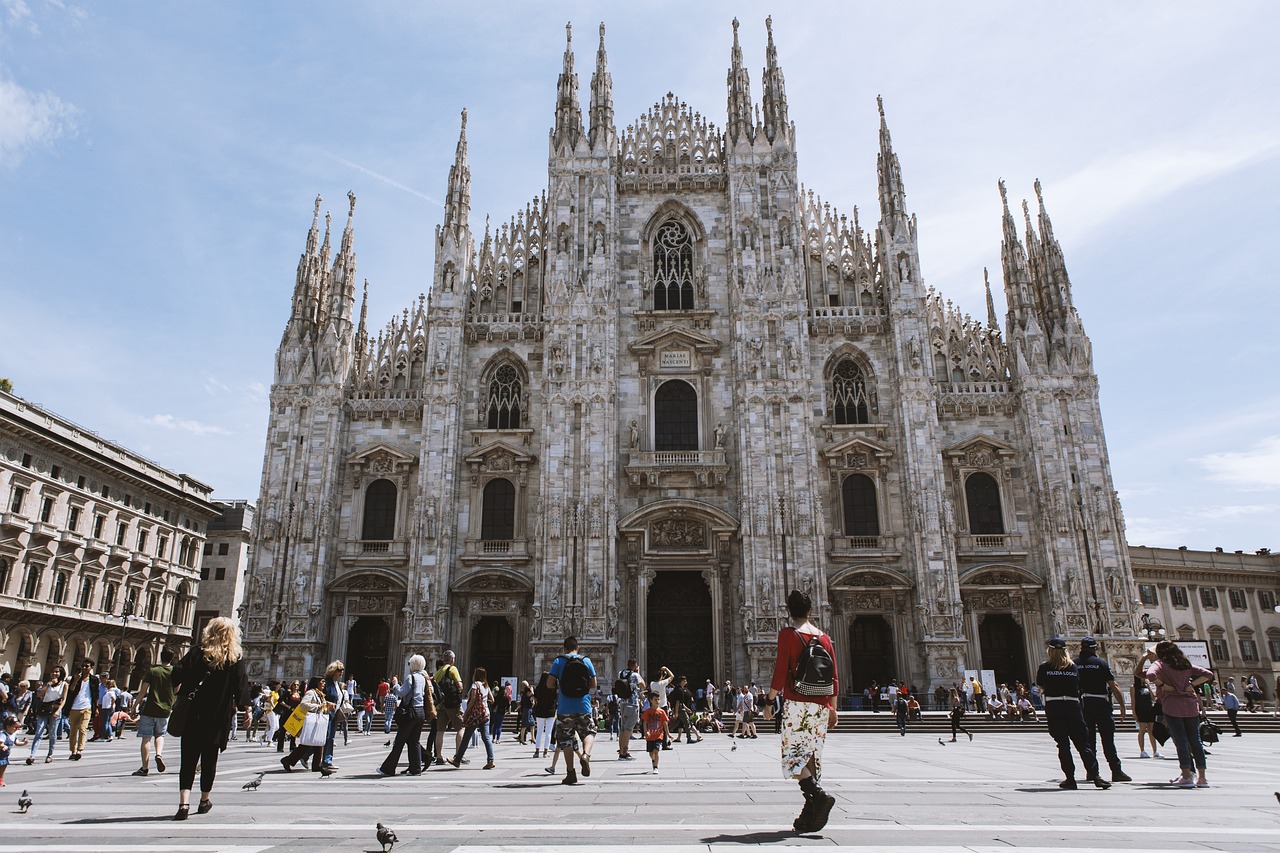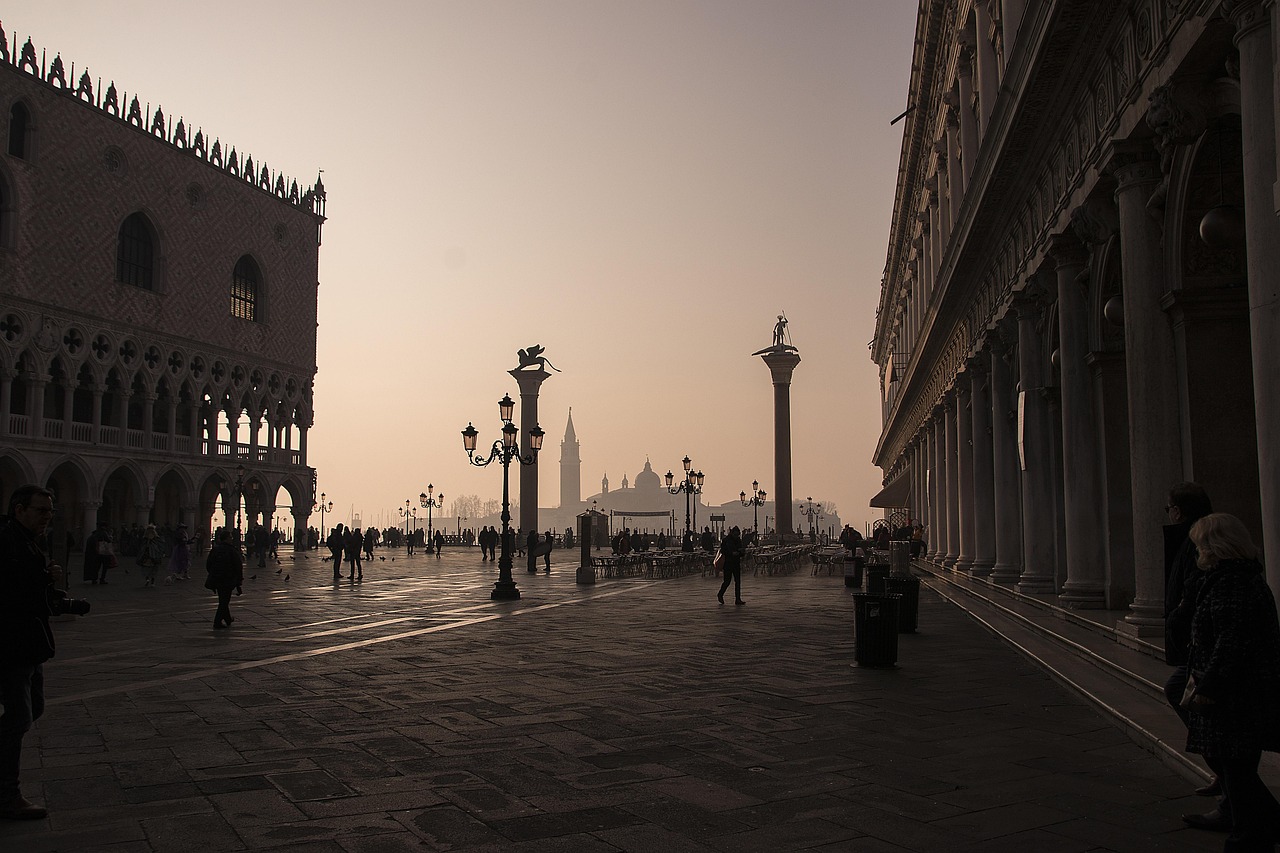Language and Communication: Overcoming Barriers in Italy
Italy, known for its rich history, breathtaking landscapes, and vibrant culture, attracts millions of tourists from around the world each year. While many visitors may be enchanted by the country’s beauty, they often face challenges in communicating due to language barriers. In this article, we will explore the various language barriers encountered in Italy and discuss strategies for overcoming them.
Understanding the Language Landscape
Italy is predominantly an Italian-speaking country, with Italian being the official language. However, there are also several regional languages spoken within different parts of the country. These regional languages include Sicilian, Sardinian, Neapolitan, and Venetian, among others. While Italian is widely understood and spoken throughout the country, there may be instances where locals prefer to communicate in their regional language.
- Italian: Italian is the official language of Italy and is spoken by the majority of the population. It is crucial to have a basic understanding of Italian to navigate daily interactions.
- Regional Languages: Regional languages are spoken in specific regions. Although not essential, learning a few phrases in the local dialect can be helpful in certain areas.
- English: English is widely understood in tourist areas, major cities, and among younger generations. However, it is not universally spoken, so it is advisable to learn some basic Italian phrases.
- Tourist Areas: In popular tourist destinations, such as Rome, Florence, and Venice, many locals working in the tourism industry speak English and other foreign languages.
Overcoming Language Barriers
When facing language barriers in Italy, there are several strategies that can help overcome communication difficulties.
- Learn Basic Italian Phrases: Learning a few basic Italian phrases can go a long way in facilitating communication. Simple greetings, asking for directions, and ordering food are essential phrases to know.
- Use Translation Apps: Utilizing translation apps on smartphones can be incredibly helpful in bridging the language gap. Apps like Google Translate allow you to translate text, speech, and even images in real-time.
- Carry a Pocket Dictionary: Carrying a pocket-sized Italian-English dictionary can be handy, especially in situations where technology may not be accessible or reliable.
- Non-Verbal Communication: Non-verbal cues, such as body language and gestures, can often convey meaning even without a shared language. However, it is important to be aware of cultural differences in non-verbal communication.
- Seek Assistance from Locals: Locals are often friendly and willing to help. Don’t hesitate to approach someone for assistance, especially in situations where language becomes a significant barrier.
- Join Language Exchange Programs: Participating in language exchange programs or language classes can enhance your language skills and provide opportunities to practice with native speakers.
Italy Image 1:

Exploring Cultural Sensitivity
When communicating in a foreign country, it is essential to be culturally sensitive and aware of certain customs and norms.
- Greetings: Italians typically greet each other with a handshake or a kiss on both cheeks. It is important to adapt to local customs and greet people accordingly.
- Punctuality: Italians tend to have a more relaxed approach to punctuality. It is acceptable to be a few minutes late for social events, but it is advisable to be on time for business meetings.
- Dining Etiquette: Italians take their food seriously, and meals are often seen as a social event. Familiarize yourself with dining etiquette, such as not ordering cappuccino after breakfast or asking for grated cheese on seafood dishes.
- Personal Space: Italians are known for their warm and expressive nature. They may stand closer during conversations compared to people from other cultures. Respecting personal space boundaries is important.
- Hand Gestures: Italians are famous for their hand gestures, which often accompany their speech. While some gestures may have universal meanings, it is essential to be cautious and avoid offensive or inappropriate gestures.
Italy Image 2:

Language Services and Resources
To further assist tourists in overcoming language barriers, Italy provides various language services and resources.
- Tourist Information Centers: Tourist information centers in major cities offer assistance in multiple languages, including English. They provide maps, brochures, and guidance for tourists.
- Language Apps and Websites: Several apps and websites offer language learning resources specific to Italian. These can be helpful in learning basic phrases and improving language skills.
- Interpreter Services: In situations where language barriers are significant, professional interpreter services can be hired to facilitate communication.
- Language Phrasebooks: Language phrasebooks are widely available and can be purchased or borrowed from libraries. These provide translations and commonly used phrases in multiple languages, including Italian.
Exploring Italy’s Diverse Culture
Italy’s diverse culture is an integral part of the country’s identity. Understanding and appreciating this cultural richness can enhance the overall travel experience.
- Art and Architecture: Italy is renowned for its artistic and architectural masterpieces. From Michelangelo’s David to the Colosseum, exploring Italy’s cultural heritage is a must.
- Cuisine: Italian cuisine is celebrated worldwide. Indulge in authentic Italian dishes, regional specialties, and traditional recipes passed down through generations.
- Festivals and Celebrations: Italy is known for its vibrant festivals and celebrations. From Carnivale in Venice to the Palio di Siena horse race, immerse yourself in the local festivities.
- Music and Opera: Italy has a rich musical tradition, with opera being a significant cultural art form. Attend a performance at one of Italy’s renowned opera houses for a memorable experience.
Italy Image 3:

Conclusion
While language barriers can pose challenges while traveling in Italy, they can be overcome with preparation, cultural sensitivity, and a willingness to communicate. By learning basic Italian phrases, utilizing translation tools, and embracing cultural differences, visitors can enhance their experiences and create meaningful connections with locals. Italy’s rich language landscape and diverse culture make it a fascinating destination to explore, even beyond the language barriers.
References
– Lonely Planet: www.lonelyplanet.com
– Italian Tourism Official Website: www.italia.it
– FluentU Italian: www.fluentu.com/italian/
– Google Translate: translate.google.com

